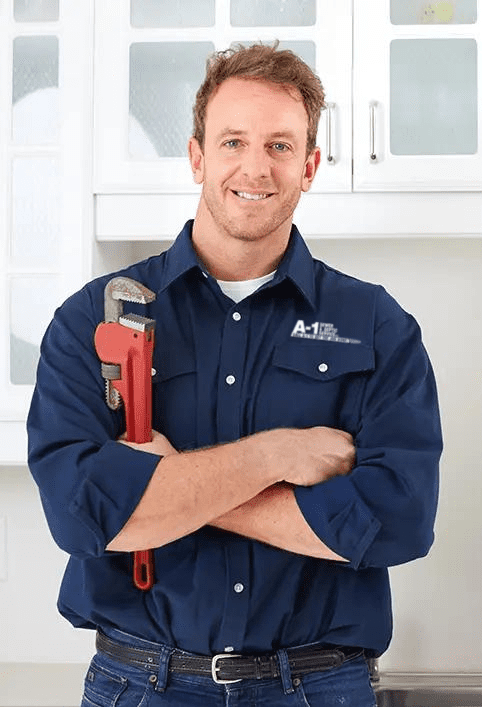How Do You Unclog a Drain With a Septic System?
. . Clogged drains are a common problem, but they can often be resolved without calling in a professional. Moreover, you don’t need to use toxic chemicals to clear your clog. With a bit of patience and some tried and true methods, you can often unclog your drain by yourself



